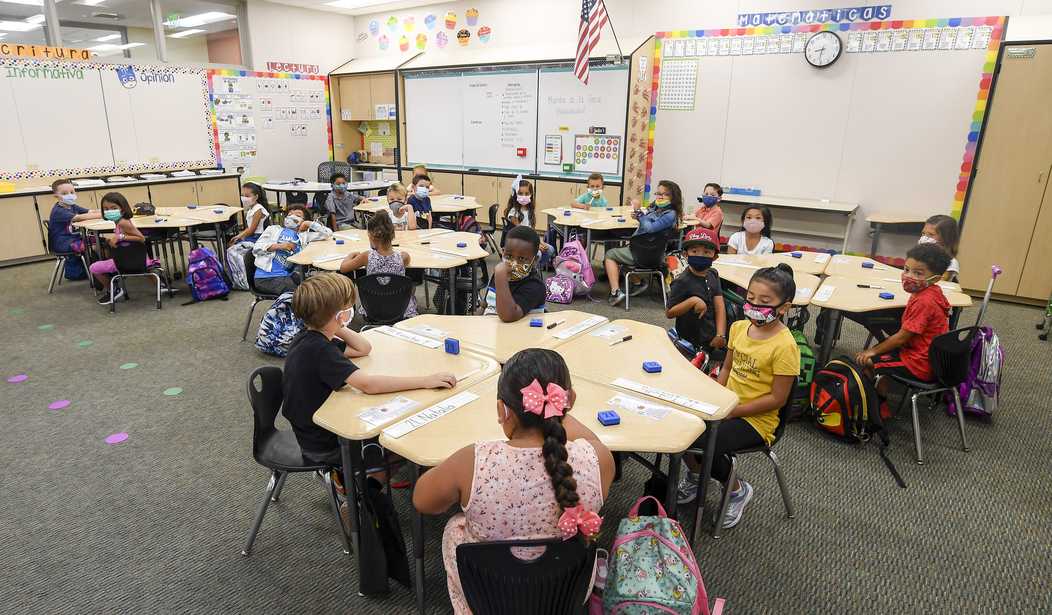The Seattle public school system is closing down some schools dedicated to challenging the most promising students, the students who will eventually go on to produce the greatest return on investment to Seattle and Washington taxpayers, the "gifted and talented" students. While it would seem logical to devote more resources, not fewer, to the kids who will make the best use of those resources, Seattle's school board isn't doing this. Why?
Because these schools have too many white and Asian students.
The district began phasing out its Highly Capable Cohort schools and classrooms for advanced students in the 2021-22 school year because they found it had too many racial inequities. School bosses said black and Hispanic students were underrepresented at the schools.
According to Seattle Public School data, of the highly capable students in the 2022-23 school year, 52 percent were white, 16 percent were Asian and 3.4 percent were black.
In what world does it make sense to deprive the most promising students because of their skin color? Isn't that, well, racist? Wouldn't it be better to study why the students who are achieving at a higher level are doing so? What are the root causes, here? Family influences? Neighborhoods? Diet? Who knows, but wouldn't that be a better path forward than just throwing up hands and saying, "We give up, now we're schooling for the lowest common denominator"?
But then, our education system seems to favor style over substance of late.
See Related: Wisconsin Governor Causes Mass Confusion While Shamefully Vetoing Bill Protecting Girls' Sports
Students Paying the Price for Union’s COVID Closures
It turns out that a group of parents of "students of color" had the same idea and presented it to the board, only to be subjected to a racist insult.
During a January 22, 2020, school board meeting, parents of black students in the Highly Capable Cohort asked the board to consider finding ways to incorporate students of color into the gifted program rather than shut it down. Then school board vice president Chandra Hampson slammed those parents saying, 'this is a pretty masterful job at tokenizing a really small community of color within the existing cohort.'
I attended a small-town, farm country high school, in which nobody had imagined a "gifted and talented" program, so I can attest that a smart kid in a lowest-common-denominator setting is going to be pretty bored. My wife, on the other hand, attended a test-in, advanced high school in Maryland; she graduated early and went to college at 16, graduating with a degree in Agricultural Animal Sciences and turning in a good GPA. All four of our kids were fortunate enough to go to schools with special programs for kids able to work at a higher level, and those programs did well to prepare them for further education and, in time, careers. The difference these programs can make in the educational path of these kids is remarkable, and we should be putting more, not fewer, resources into these kids who will produce the greatest return on investment.
But that's not how things work anymore, it seems. It's all about skin color, and having the right mix of melanin content in the classrooms matters more than achievement, and parents who object to that are the subject of racist insults by the vice president of the school board.
The education system properly has one goal and only one goal: To produce young adults with marketable skills. In this, Seattle, like so many places, is failing.














Join the conversation as a VIP Member